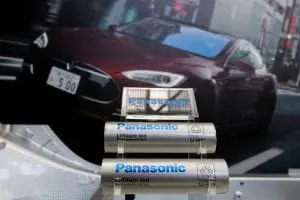A new type of electric car technology that uses a combination of battery and hydrogen power has an energy density so high it could allow a passenger car to travel over 5000km, only stopping to quickly refill the battery fluid.
While there remains a lot of contention between the pros and cons of using hydrogen to power zero emission vehicles versus lithium-ion battery electric powered vehicles, breakthroughs like this continue to bring the topic to the fore.
Using a patented “flow” system that creates electricity via a single fluid to power a vehicle, as well as producing hydrogen as needed, the technology is currently being tested at Purdue University, Indianapolis using golf carts.
The system is similar to the Scottish “flow battery” technology that hit the news last year; although that system uses a membrane to pass ions through two separate “containers” of fluids, whereas the new system has no membrane and uses just one “container” of fluid.
The single fluid system allows a much greater energy density to be achieved, John Cushman, Purdue University distinguished professor of earth, atmospheric and planetary sciences and a professor of mathematics said in a statement to the press.
This would mean lighter batteries and greater range for electric vehicles, and could put flow batteries on the table as a serious contender for powering EVs.
Read the full story on RenewEconomy’s electric vehicle-dedicated site, The Driven…










